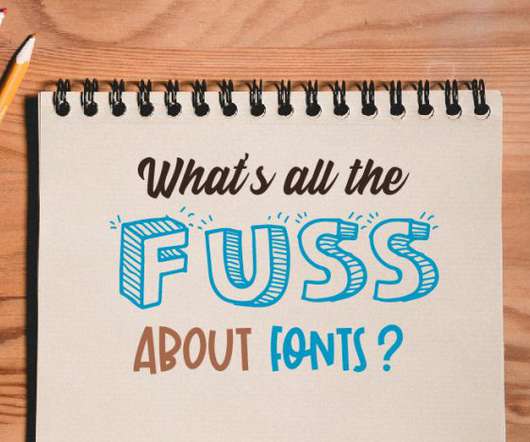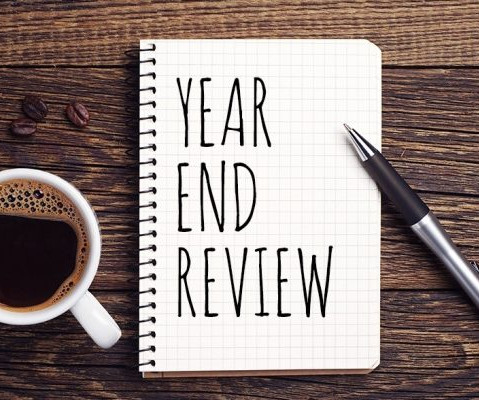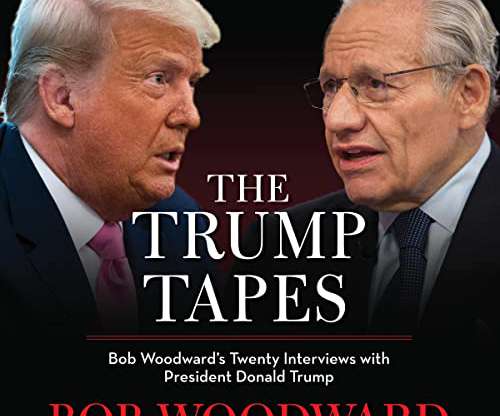IPSC Breakout Session #4 Innovation/Copyright
43(B)log
AUGUST 4, 2023
Partly in response to NJ’s 2002 law—once there’s a smart gun, manufacturers have to switch to it w/in 30 months, though NJ backed off and just required retailers to stock it, but still infuriated gun rights advocates who boycotted Colt and Smith & Wesson who then got out of the market entirely. Super-narrow © license.












Let's personalize your content